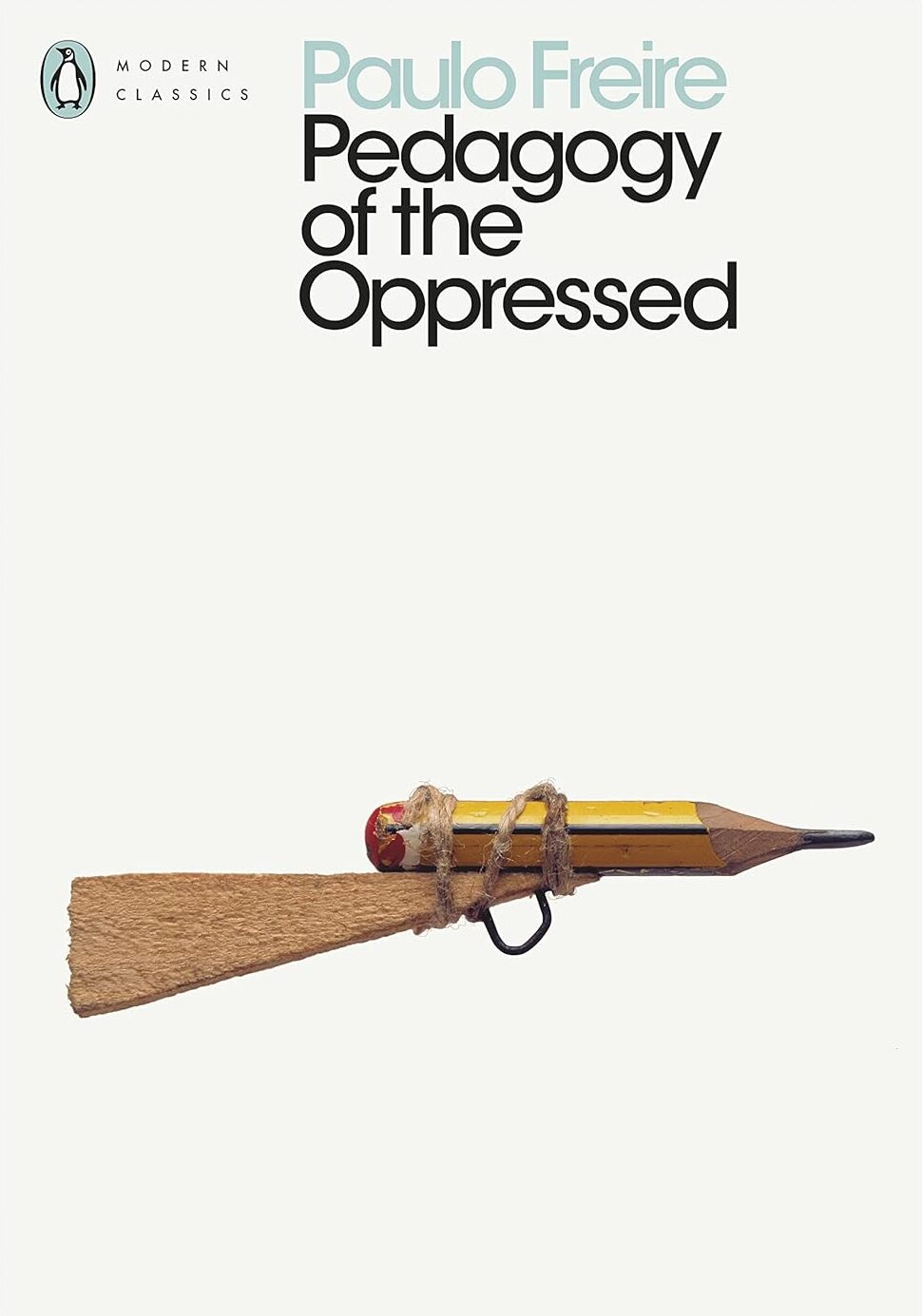
Pedagogy of the Oppressed
Paulo Freire
5 Key ideas
12 MINS
4.9 (2.3k)
Ever wondered how the ongoing struggle for liberation and humanization forms the core of human existence?
How does education, in its current form, stifle creativity and critical thinking?
How does the oppressed internalize the oppressor's worldview?
Dive deeper into the process of liberation, the power of dialogue, and the role of education in human transformation.
Ever wondered how the ongoing struggle for liberation and humanization forms the core of human existence?
How does education, in its current form, stifle creativity and critical thinking?
How does the oppressed internalize the oppressor's worldview?
Dive deeper into the process of liberation, the power of dialogue, and the role of education in human transformation.


Ever wondered how the ongoing struggle for liberation and humanization forms the core of human existence?
How does education, in its current form, stifle creativity and critical thinking?
How does the oppressed internalize the oppressor's worldview?
Dive deeper into the process of liberation, the power of dialogue, and the role of education in human transformation.
Key Ideas
Read | Listen - Full summary
About Author
Paulo Freire was a Brazilian educator and philosopher who is best known for his influential work "Pedagogy of the Oppressed," first published in 1968. In this seminal book, Freire advocates for a pedagogy that empowers the marginalized and disenfranchised by involving them actively in their own education. His approach criticizes traditional education methods as "banking education," where students are treated as empty vessels to be filled with knowledge, instead promoting a dialogic and problem-posing model that encourages critical thinking and consciousness-raising among learners. Freire's ideas have had a profound impact on educational theory and practice worldwide, particularly within the field of critical pedagogy.
Learn Key Ideas from 9000+
non-fiction books in 15min.



